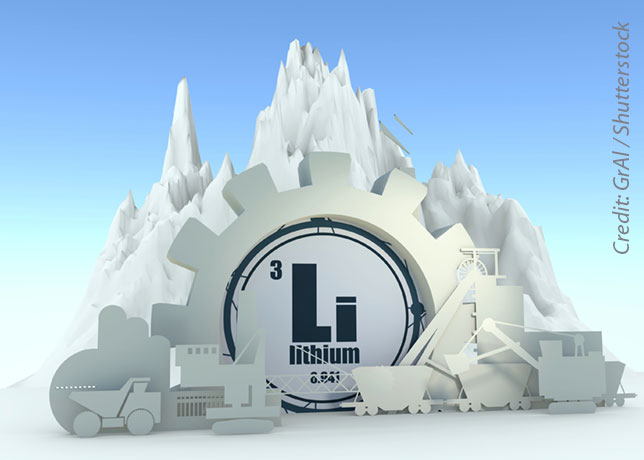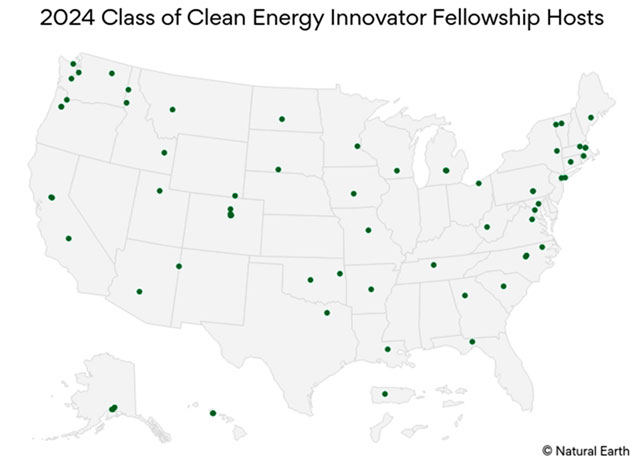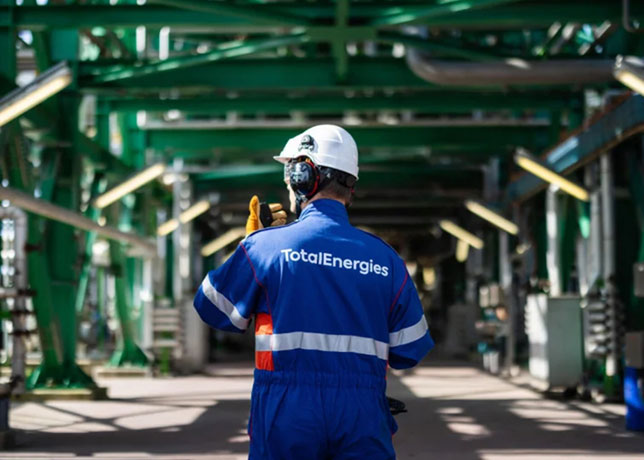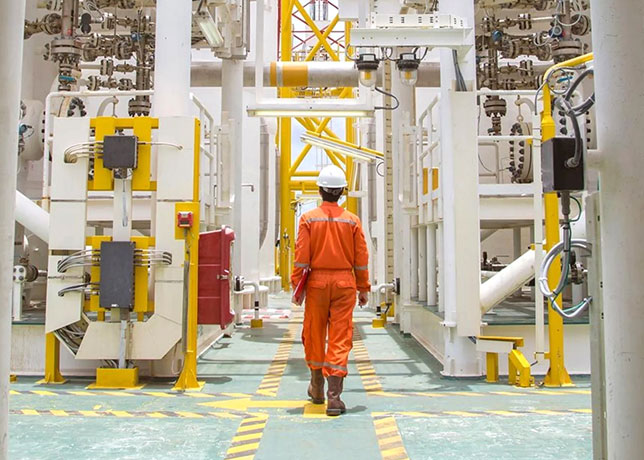
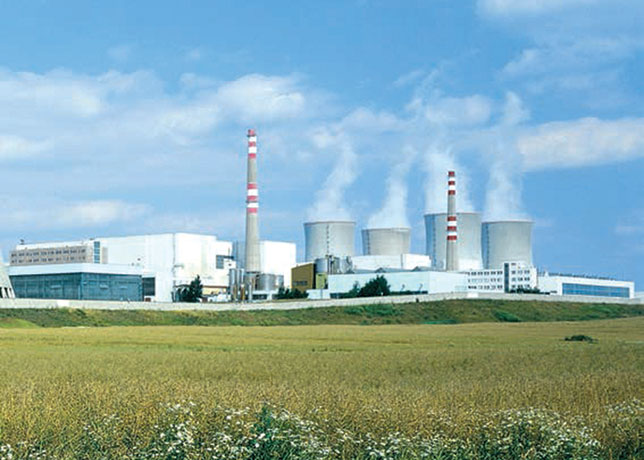 Nuclear power helped avoid 2.1 billion tonnes of CO2 globally in 2023
Nuclear power helped avoid 2.1 billion tonnes of CO2 globally in 2023
The World Nuclear Performance Report shows an increase in global nuclear electricity generation and average capacity factors, highlighting the consistency and reliability of the world's nuclear reactor fleet. Global nuclear electricity generation rose to 2602 terawatt hours (TWh) in 2023, up from 2544 TWh in 2022, now accounting for 9 per cent of the world's electricity supply. France saw its nuclear generation reach over 60 per cent on average, contributing an additional 42 TWh.
The global nuclear capacity factor, a key performance metric, reached 81.5 per cent in 2023, up 1 per cent from 2022. This reflects the consistently strong performance of nuclear plants, regardless of age. In 2023, nuclear power helped avoid 2.1 billion tonnes of CO2 emissions that would have been generated by equivalent coal plants.
The nuclear industry is also seeing significant growth, with 64 reactors currently under construction in 15 countries. Over 20 new countries are developing policies to enable their first nuclear plants. While global nuclear capacity saw a slight dip, the increase in generation highlights the exceptional performance and value of nuclear energy. Key developments include 5 new reactor connections, construction mostly in China, and Asia leading in new builds, followed by Africa, Eastern Europe, and Russia.
Mohamed Al Hammadi, Managing Director of Emirates Nuclear Energy Corporation (ENEC) and Chair of the World Nuclear Association, said: "With both nuclear energy generation and capacity factor rising in 2023, it is clear that nuclear energy is a proven, reliable and substantial generator of clean electricity for 36 countries today. With many more reactors under development and a further 64 under construction, we look forward to this growth to continue as part of the momentum to triple global nuclear energy capacity by 2050 to not only meet Net Zero targets and boost national energy security, but to satisfy the huge wave of demand coming from energy-intensive industries such as AI, data centers, and Electric Vehicles."







































































